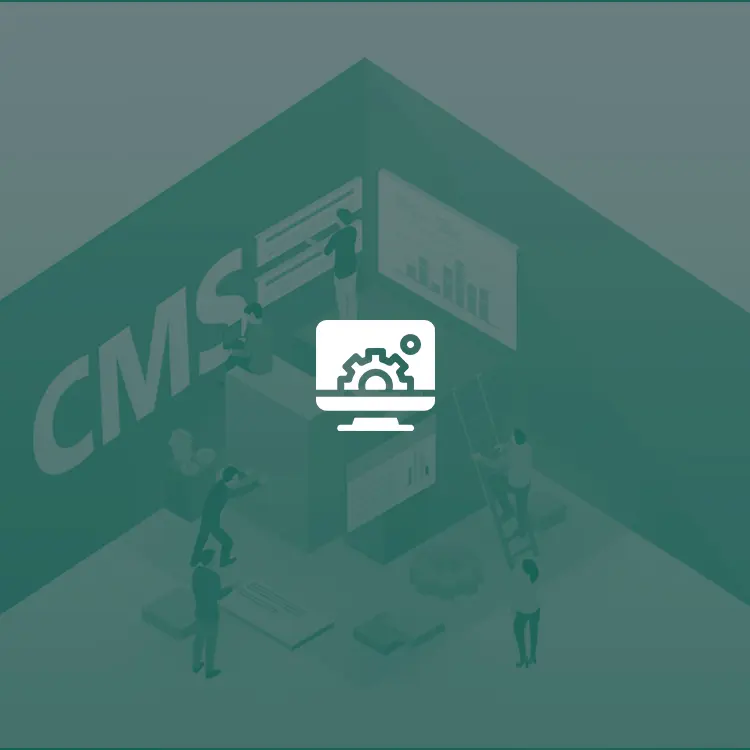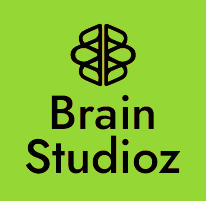
August 27, 2020
/
What is a CMS?
What is a CMS?
One of the first questions that a person who wants to launch his site faces is: what is a control system or engine for a site. Briefly about what CMS is for, is it possible to do without it, and why spend money on paid development if you can download a free program? CMS Management System Translated from English (Content Management System) is a content management system for a site. It is also called a site content management system, just a content management system, or an engine for a site. All these names, in essence, are - CMS. This software product is installed on hosting sites and performs 2 roles:- The formation of the site pages according to pre-prepared templates from the information stored in the database.
- Managing a site for people without any technical skills. So, anybody can easily workaround the content of the site.
- independently create and delete sections of the site, and edit information without involving a third-party specialist - this is an important advantage;
- make the site as functional as possible: the work uses the most effective tool for solving a specific task because depending on the specific site and the requirements for its functionality, they select the optimal CMS;
- get the opportunity to speed up and reduce the cost of website development, as the time spent on the creation of many elements is reduced. Every time, the programmer does not need to develop the administrative part, do authorization and registration, configure access rights on the forum, or moderate and check the site, but you can focus on the information and visual components of the future site.
- Business card sites - they can be made without using a management system, on a designer like Wix or Tilda.
- Large-scale unique projects. If a very complex portal project is made like Trivago.ru, then the standard management system may not work: you need to write programs individually, from scratch, since standard cms already have a specific architecture that you can’t just change, there is a part of the program code, which programmers have no right to touch at all. We emphasize: such costs are justified only in rare projects.
Recent Posts
yasirbha
What is Social Media Marketing?
yasirbha
What is a CMS?
yasirbha




